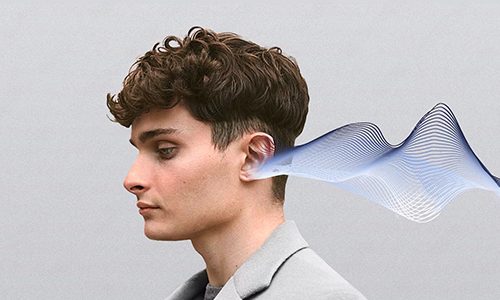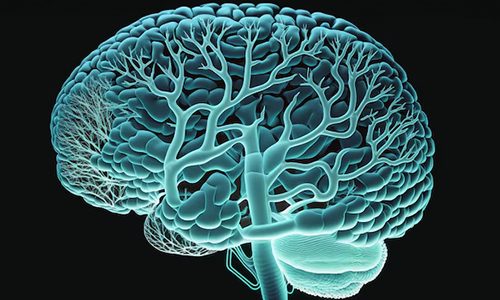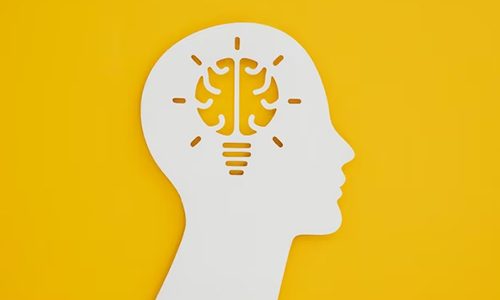There can’t be any person in this world who doesn’t love music. Music has always played a vital role in the lives of mankind. It has a connection to every mood state we experience, including happiness, depression, and loneliness. Our mind, body, and soul are all connected by music. The researchers’ enthusiasm about the relationship between the brain and music gave rise to a new discipline of study, named neuromusicology. Interesting right? Let’s take a closer look to understand more about how music affects the brain.
How Brain Process Music?

When music is played it triggers the brain’s pleasure centers which release the neurotransmitter called dopamine. Sound waves that pass through the middle ear are converted into electrical signals in the inner ear. These electrical signals are then sent to the front lobe and hippocampus of the brain.
Parts of the Brain Stimulated by Music

Scientists say that almost every part of the brain in some way is stimulated by the music. Regular listening to music enhances the functionality of the frontal lobes which are responsible for problem-solving, logical reasoning, judgment, language, and emotional expression. Music also has its impact on the temporal lobe which is known as the auditory and language center. The occipital lobe appreciates and interprets music. The cerebellum carries a lifetime’s worth of musical memory though the Alzheimer patients couldn’t recognize their loved ones. The hippocampus is responsible for retrieving and producing memories. Music enhances the process called neurogenesis in the hippocampus, where new neurons are produced thereby improving memory. There is a fact that musicians have a well-developed corpus callosum, which makes complex logical thought possible. Thus music can make one brave, fearful, happy, or sad.
Untold Effects of Music On Us
Impact on Children

Studies have shown that the auditory system of children in music programs is more mature than those in other groups. This matured auditory system sped up the development of reading, speech, and sound processing.
Reduces Stress & Anxiety

It is scientifically proven that music can reduce stress levels and increase calming effects. Listening to classical and soft pop is likely to provide relaxation to the mind.
Improved Memory & IQ

Believe it or not, music improves brain functions in several areas such as memory, IQ, and focus. Similar to learning a new language, learning to play an instrument exercises the memory, making it even more sharper. This exercise also improves cognitive skills and increases IQ and focus.
Improvements in Alzheimer’s and Stroke Patients

Do you know? Music therapy improves the well-being of people with dementia, Alzheimer’s, and stroke which have negative impacts on the brain. It’s because areas of the brain that are linked to musical memory are less damaged in these patients. Choosing the music that the patients can recognize and enjoy can show significant improvements in these patients.
Creativity

Music influences the neuroscience of imagination. It is found that some level of ambient noise, around 70 decibels could help you be more creative. However, this theory of distraction is not suitable for people with attention disorder.
Improves Sleep

Listening to mild and calm music relaxes the mind from an alarming state resulting in good sleep.
Some Interesting Music Facts with Real-Life Examples
- Tired of workouts and household chores? Listening to music during workouts or while performing household chores can make the process more enjoyable and easier.
- Are you a plant person? Play music while watering plants as they can help plants grow faster and healthier.
- Music can change the way we see the world. Imagine a calm night and you are chilling out on the balcony. What is missing here? Yes, Music!!!! Now play a melodious song in the background during the same scenario, you can feel the difference right?
- Do you know why loud music is played in pubs? Because loud music makes you drink faster in less time.
- More than just talking, listening to music paves a faster way to communicate with a baby in the womb.
- Can you believe this? Music can help you study better. A survey proved that students who are in the lecture with a piece of background music performed better in exams than those who studied the same without music.
Let’s Review: How Music Affects the Brain
Irrespective of age and medical conditions music has incredible effects on humans. It is more than something we hear; it’s something we feel, think, and become. It can enhance the brain’s features making us more efficient. So, start incorporating music into your daily life and see how music affects the brain.















